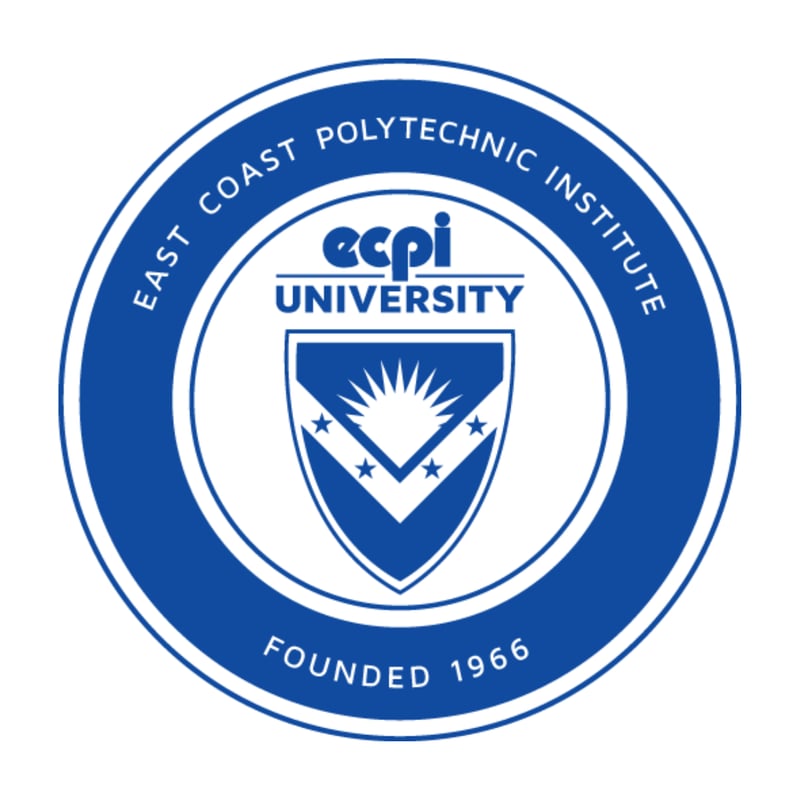
Financial aid (may be available)

No cost info

Financial aid (may be available)

Financial aid (may be available)

Financial aid (may be available)

Financial aid (may be available)

Financial aid (may be available)

No cost info

Financial aid (may be available)

Financial aid (may be available)

Financial aid (may be available)

No cost info

No cost info

Financial aid (may be available)
This certificate program provides a foundation in supply chain and logistics management from both a U.S. as well as global perspective, preparing participants for professional careers with manufacturers and distributors, transportation carriers, and logistics service providers.
No cost info
American Military University (AMU) offers a logistics management certificate at the graduate level. It provides in-depth study of logistics and supply chain management with consideration of global impacts.
AMU’s online logistics certificate emphasizes transportation factors related to logistics, especially the maritime industry. The curriculum covers topics such as:
Transportation policy and planning
Transportation management and economics
Port and terminal operations
This program is an appropriate choice for those who wish to increase their knowledge of logistics and supply chain management without committing to a full degree program.
No cost info
No cost info
The online Logistics and Supply Chain Management Certificate from CCU will help you gain a deeper understanding of the processes and fundamentals within supply chain and inventory management, including purchasing and inbound logistics; material handling in distribution centers; warehousing and warehouse management; financial and inventory controls; transportation and distribution; and reverse and global logistics.
No cost info

Financial aid (may be available)

$2,730 total

No cost info
No cost info
Learn about the components of supply chains including supply chain networks, supply chain facilities, transportation, and inventory management as well as how emerging technologies affect them with our Supply Chain Fundamentals Certificate. These courses are perfect for learners seeking to enter the supply chain profession, as well as those who are seeking to enter supervisory roles or enter a new domain within the supply chain.
No cost info

Financial aid (may be available)
Logistics is a crucial component of any successful business operation. It involves the coordination and management of the flow of goods, information, and resources from the point of origin to the point of consumption. If you're interested in pursuing a career in logistics, taking logistics classes can provide you with the necessary skills and knowledge to excel in this field. In this blog post, we will explore logistics classes near me in San Antonio and discuss what you can expect from these classes.

Logistics is an essential part of any industry that involves the movement of goods and materials. It plays a crucial role in supply chain management, ensuring that products are delivered to customers in a timely and efficient manner. With the increasing complexity of global supply chains, the demand for skilled logistics professionals is on the rise.
Logistics encompasses a wide range of activities, including transportation, warehousing, inventory management, and distribution. It involves coordinating the movement of goods and materials from suppliers to manufacturers, retailers, and ultimately, to the end consumer. Logistics professionals are responsible for ensuring that products are delivered on time, in the right quantity, and in the right condition.
To pursue a career in logistics, it is beneficial to have some formal training in the field. While a degree in logistics or supply chain management can be advantageous, it is not always necessary. Many vocational training programs and community colleges offer logistics classes that can provide you with the skills and knowledge needed to succeed in this field.
When searching for logistics classes near you in San Antonio, it is important to consider several factors before enrolling. Here are some things to look for in a class:
Accreditation: Ensure that the training program is accredited by a recognized accrediting body. This ensures that the program meets certain quality standards and that the certificate or diploma you receive upon completion is recognized by employers.
Curriculum: Review the course curriculum to ensure that it covers all the essential topics in logistics, such as transportation management, warehouse operations, inventory control, and supply chain management.
Hands-on Experience: Look for classes that offer hands-on training opportunities, such as simulations or internships. Practical experience is invaluable in the logistics field and can help you apply what you've learned in a real-world setting.
Industry Connections: Find out if the training program has connections with local businesses or industry associations. This can provide you with networking opportunities and potentially lead to job placement or internship opportunities.
Logistics classes typically involve a combination of classroom lectures, group projects, and hands-on activities. Here's what you can expect from the day-to-day class:
Classroom Lectures: You will attend lectures where instructors will cover key concepts and theories related to logistics. These lectures may also include case studies and discussions to help you apply what you've learned.
Group Projects: Many logistics classes involve group projects where you will work with your classmates to solve real-world logistics problems. This helps develop teamwork and problem-solving skills, which are essential in the field.
Hands-on Activities: Depending on the program, you may have the opportunity to participate in hands-on activities, such as operating warehouse equipment or using logistics software. These activities provide practical experience and help you develop the skills needed in the industry.
Upon completion of a logistics class, you may be eligible for a certification or a diploma. The certification process typically involves the following steps:
Completion of Required Courses: You must successfully complete all the required courses in the logistics program.
Final Assessment: Some programs require a final assessment, such as an exam or a project, to evaluate your understanding of the material.
Certification/Diploma Issuance: Once you have met all the requirements, you will receive a certificate or a diploma indicating your completion of the logistics class.
After completing a logistics class, you will have various job opportunities in the logistics field. Here are some ways to find related jobs:.
Networking: Network with professionals in the logistics field through industry events, job fairs, and online networking platforms. Building connections can help you learn about job openings and increase your chances of finding employment.
Industry Associations: Joining industry associations, such as the Council of Supply Chain Management Professionals (CSCMP), can provide you with access to job boards and networking events specifically tailored to the logistics field.
Once you have established a career in logistics, there are several additional classes you can take to enhance your skills and expand your career opportunities. Here are some examples of additional classes you can consider:
Supply Chain Management: Taking a supply chain management class can provide you with a broader understanding of the entire supply chain and how different functions, such as procurement, production, and distribution, work together.
Lean Six Sigma: Lean Six Sigma is a methodology focused on improving quality and efficiency in business processes. Taking a Lean Six Sigma class can help you develop problem-solving skills and become a valuable asset to your organization.
Project Management: Project management skills are highly valued in the logistics field. Taking a project management class can help you learn how to effectively plan, execute, and control logistics projects.
Transportation Management: If you are interested in specializing in transportation logistics, taking a transportation management class can provide you with in-depth knowledge of transportation modes, regulations, and best practices.
Logistics is a dynamic and rewarding field with excellent career prospects. By taking logistics classes near you in San Antonio, you can gain the skills and knowledge needed to excel in this industry. Remember to consider factors such as accreditation, curriculum, hands-on experience, and industry connections when choosing a class. After completing your logistics training, utilize resources like Dreambound to find related job opportunities and consider taking additional classes to further enhance your skills. With dedication and determination, you can build a successful career in logistics. For other vocational classes or career options, visit Dreambound.
Consider Dreambound as a valuable resource if you're thinking about getting started in this field. We've written many guides to help with the different parts of the certification process across the country:
Thinking about making a big change in your career path? It's important to be well-informed before starting off on your journey. Dreambound has written hundreds of in-depth guides to help. Explore some of these resources below.
Dreambound's platform allows prospective students to find the right educational program for them through searching, filtering, and connecting with our extensive selection of career & technical education partners.
Dreambound has over 70 programs across healthcare, technology, business, and industrial trades. This includes programs such as Medical Billing, Cybersecurity, and welding.
Some of our schools offer financial aid for those who qualify. Many others offer payment plans, where you can pay the cost of class over time.
Yes, Dreambound offers many online programs. On Dreambound's search, you can filter by online, in-person, and hybrid (part online, part in-person).
Dreambound is completely free for you to use! We are supported by schools and organizations who pay to advertise on our website, so we can offer all of our career resources for free.